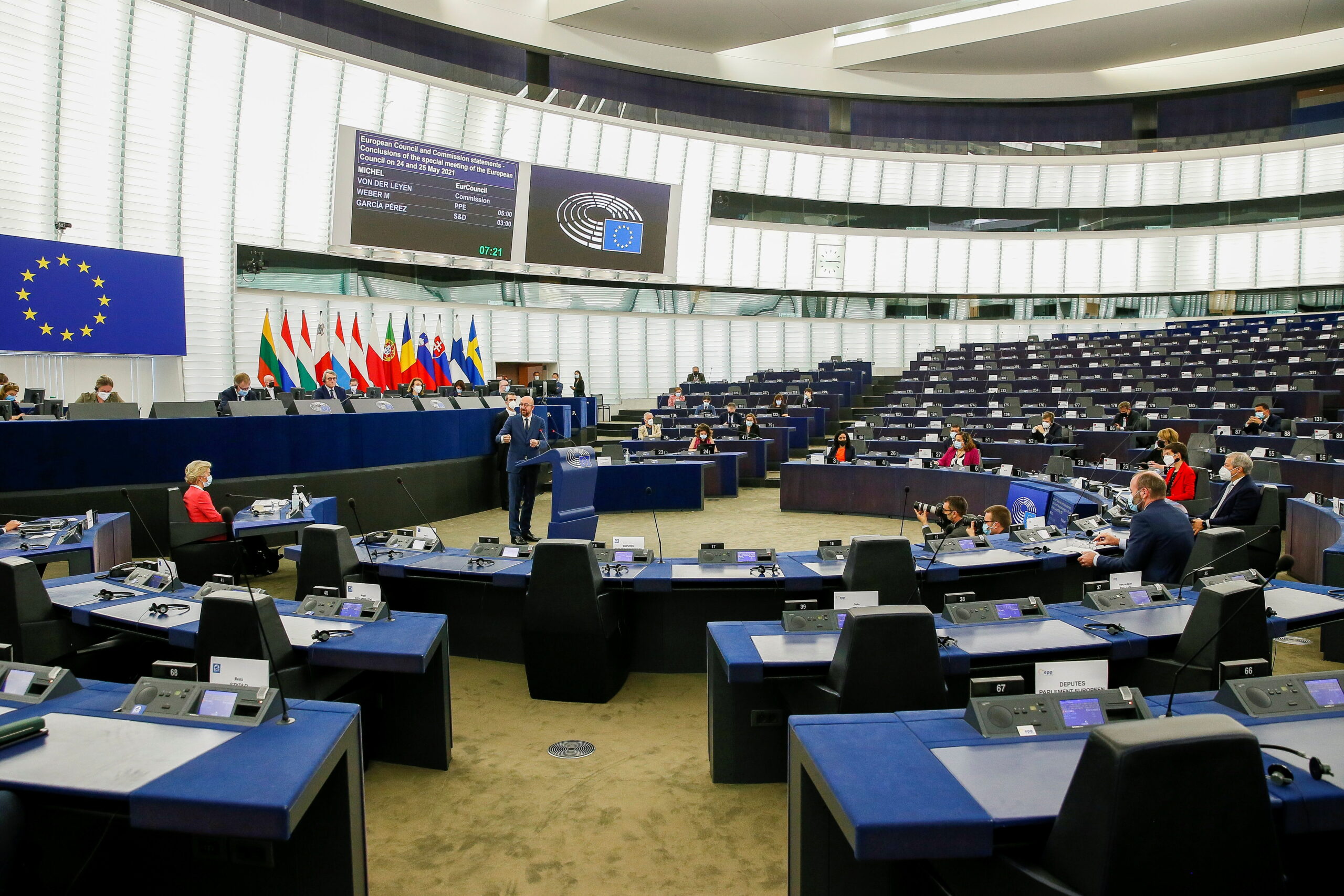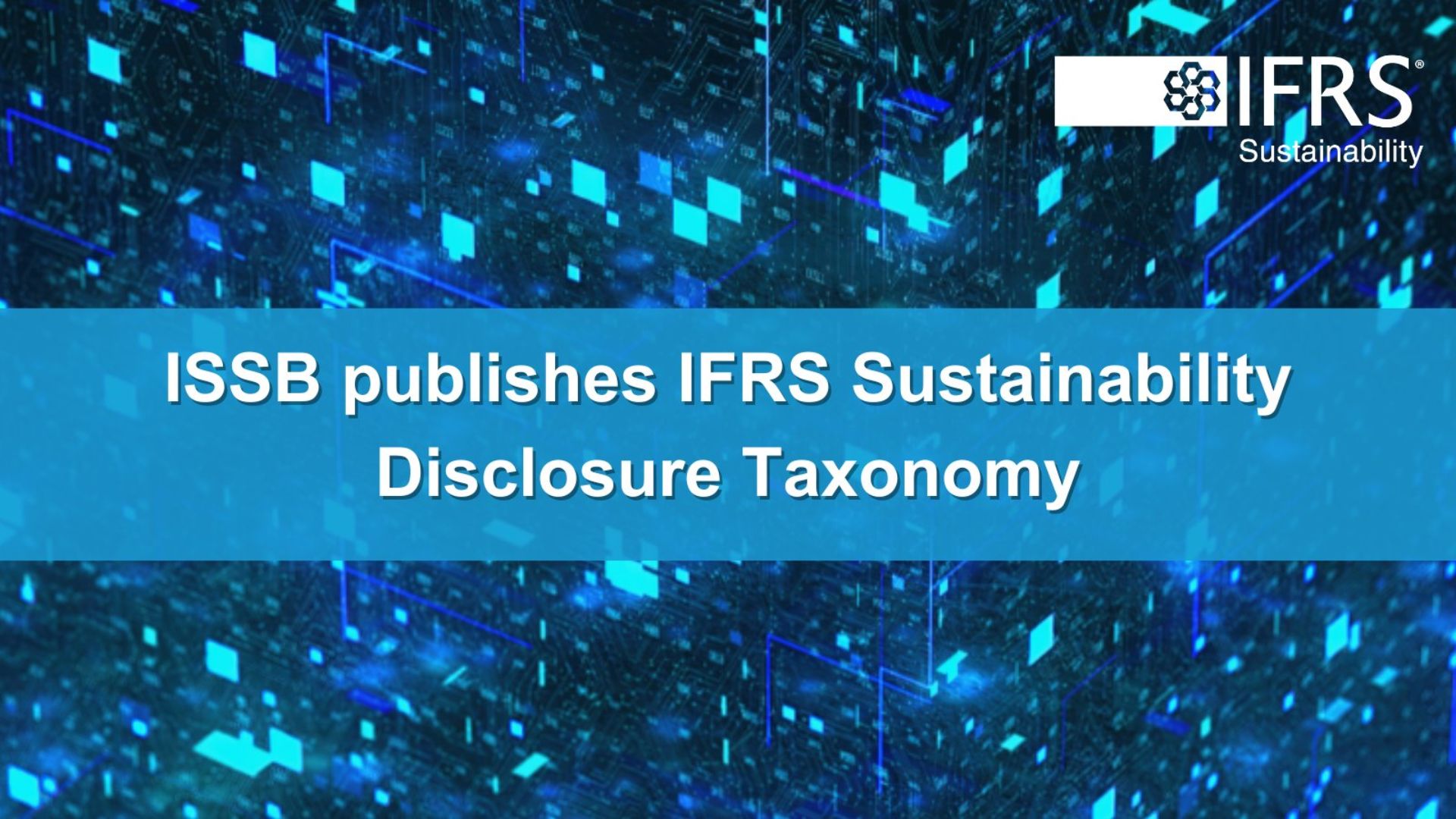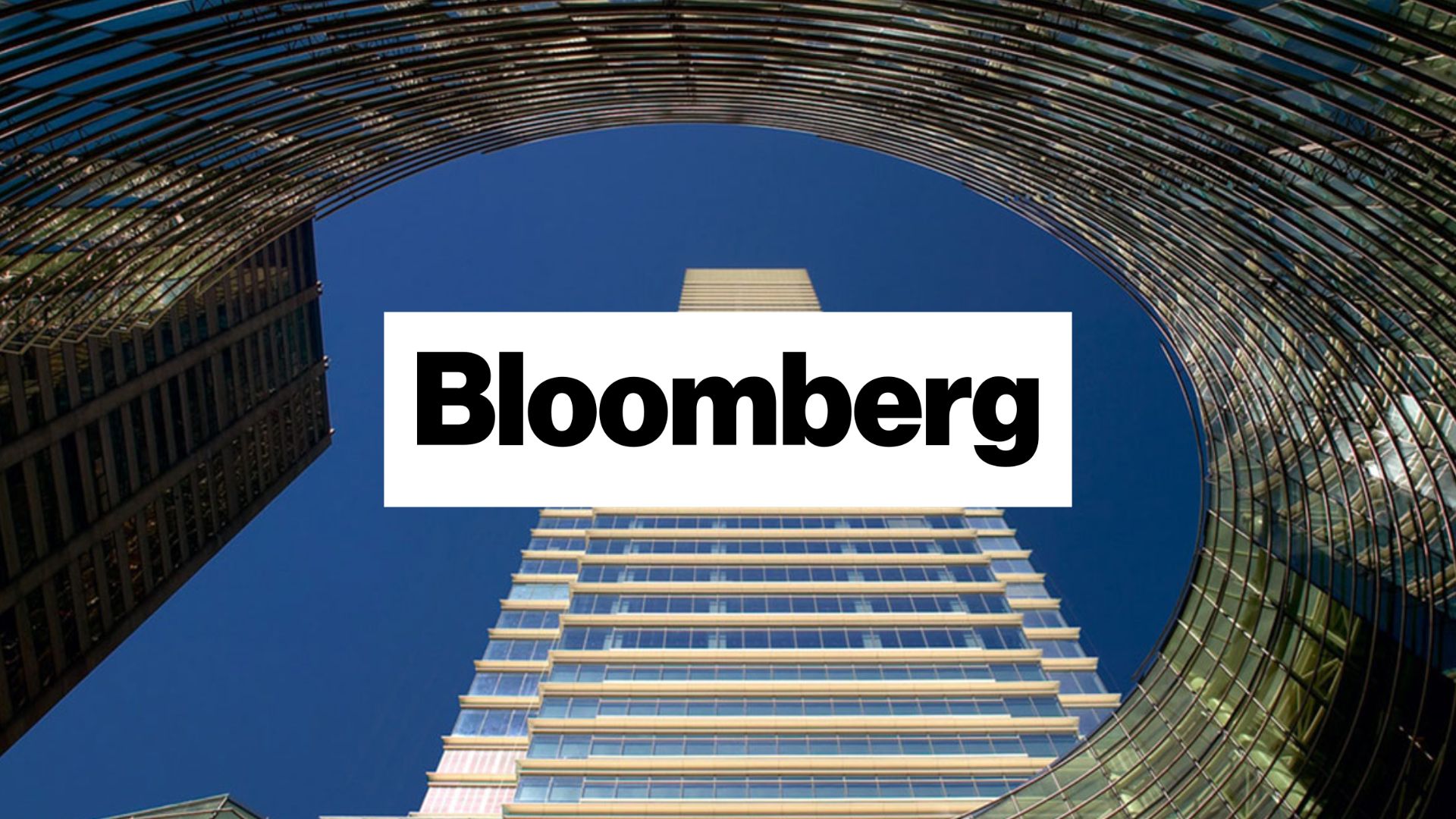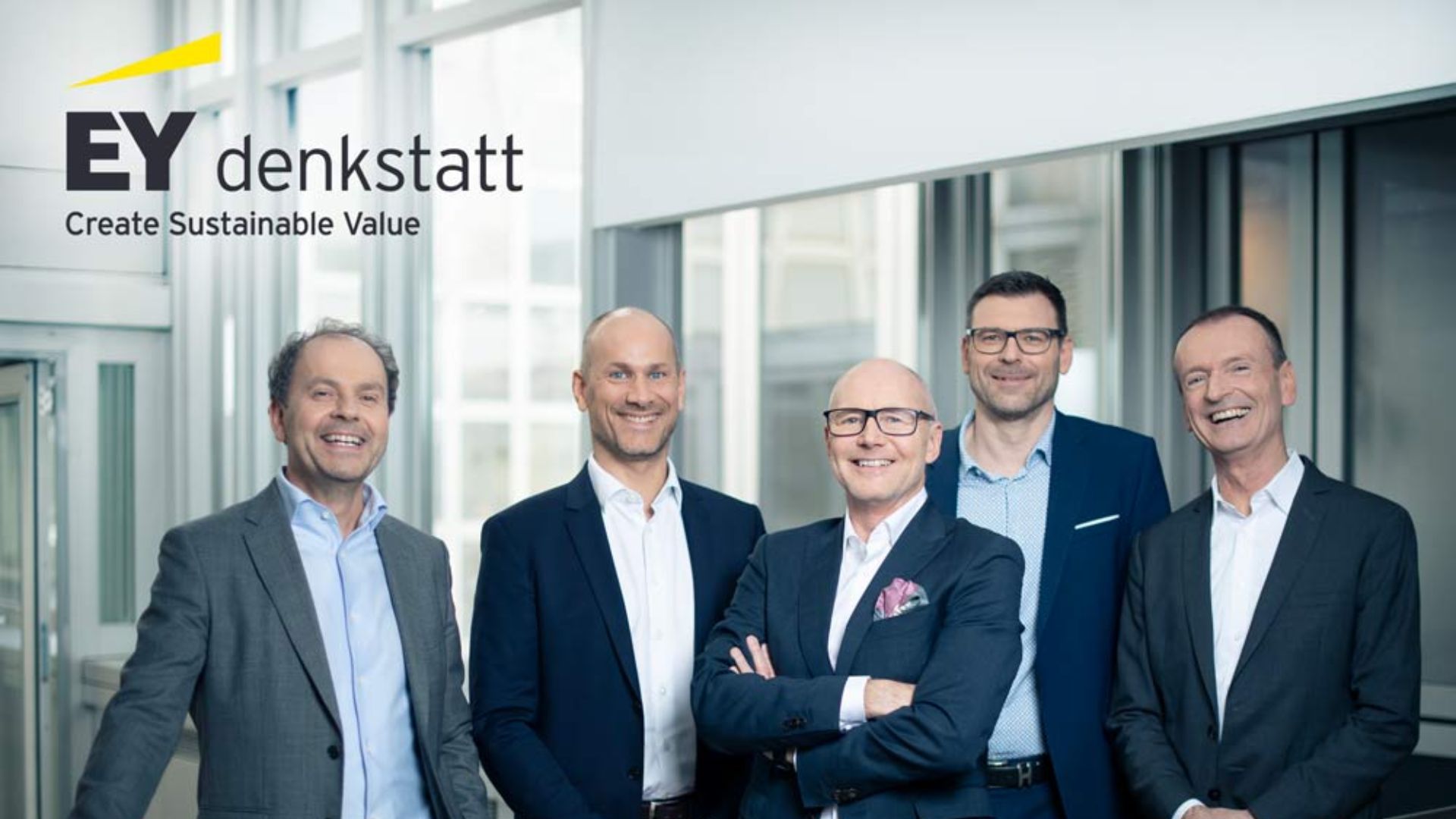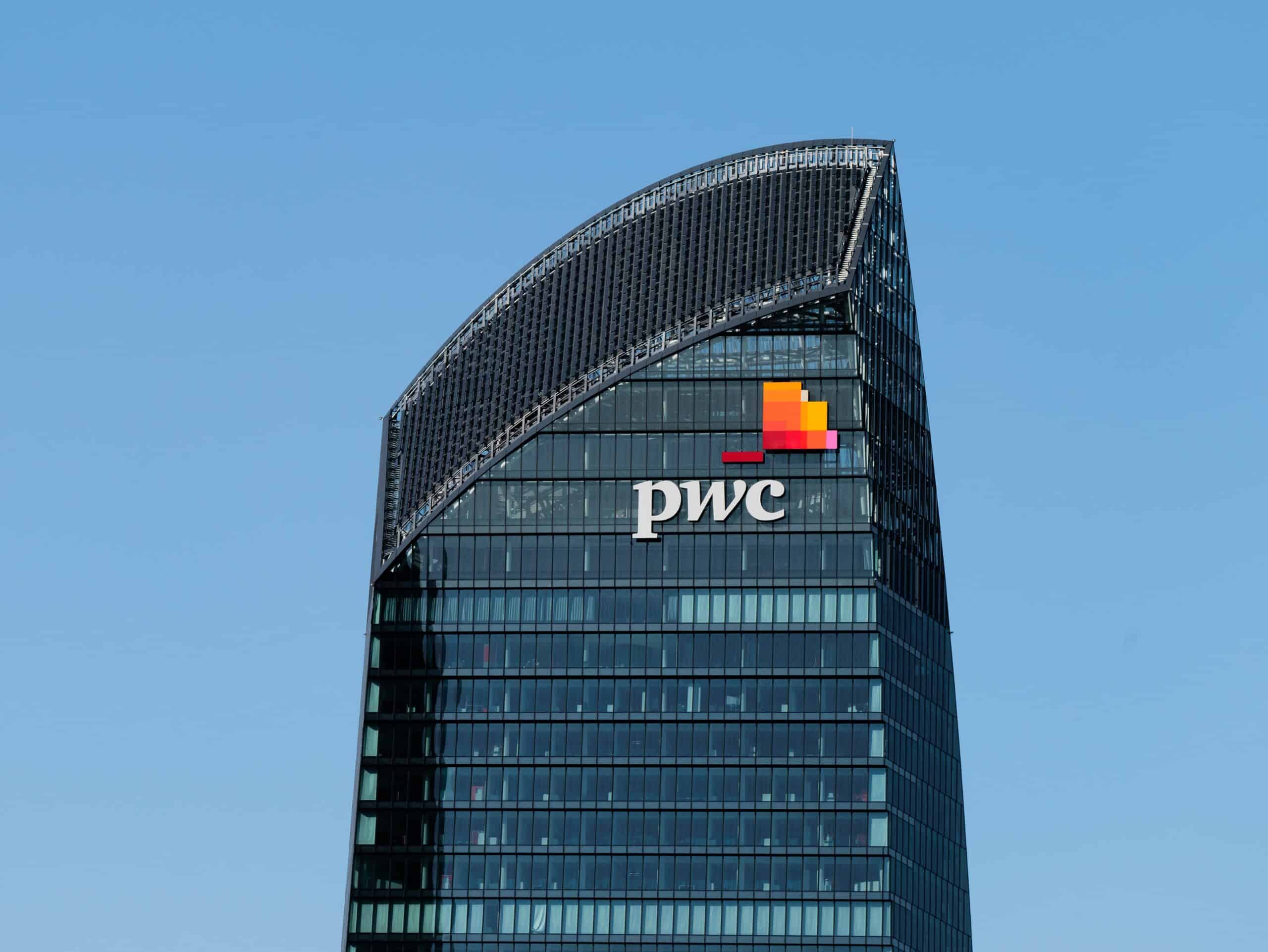Amundi Cuts EU Sustainability Grade of 100 Funds
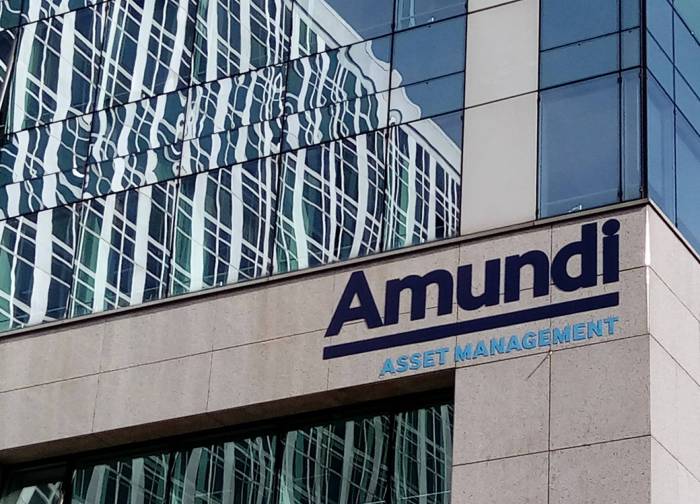
Europe’s largest fund manager Amundi has downgraded 100 funds with 45 billion euros ($46.28 billion) in assets to a lower level of sustainability under European Union rules ahead of new reporting requirements going live in January.
The move comes as regulators take a tougher line on funds’ ESG credentials amid concerns that investors could be misled.
Amundi said on Tuesday it would reclassify “almost all” of its funds under the Sustainable Finance Disclosure Regulation (SFDR) from the European Union’s highest sustainability category, known as Article 9, to the less stringent Article 8.
The move comes ahead of Jan. 1, when asset managers will be required to define their sustainability targets and claims in the fund documentation that is sent to clients.
Since initially classifying the funds, some regulators like the France’s AMF looked set to adopt a tougher stance on what an Article 9 fund should look like, said Jean-Jacques Barberis, Head of Institutional and Corporate Clients Coverage and ESG at Amundi.
“Our interpretation of the regulation, according to the position of some regulatory authorities, is that to be Article 9 you need to be 100% sustainable invested,” he said.
See related article: Amundi US Announces Expansion of ESG Offerings
“SFDR has introduced a new element that you need to define what percentage of your investment is considered sustainable according to a methodology that is not totally harmonised,” he added. “We are advocating … for more harmonisation on that front.”
Amundi said in a statement it was taking a “deliberately cautious approach” in the face of evolving regulation, adding that its decision did not call into question “the sustainability characteristics of these funds”.
Amundi’s move is part of an expected wave of downgrades of Article 9 funds as investors look to pre-empt greater regulatory scrutiny, the manager of a global fixed income fund told Reuters.
“The big household names are worried about reputational risk, they don’t want the press or regulator saying you need to change these funds.”

